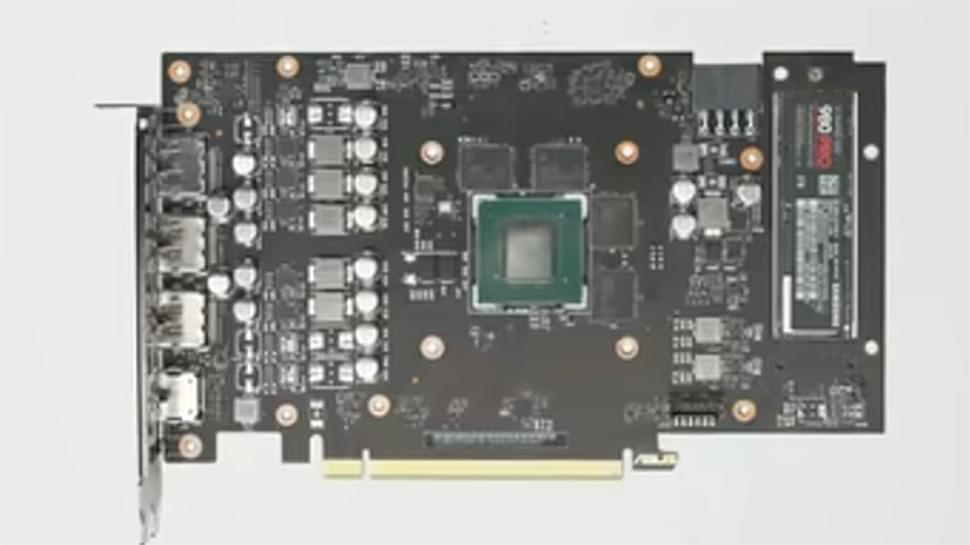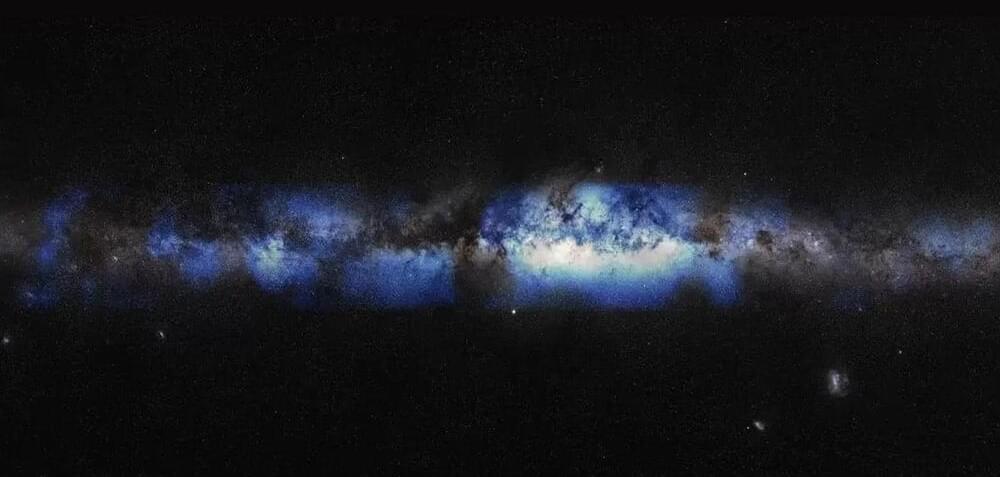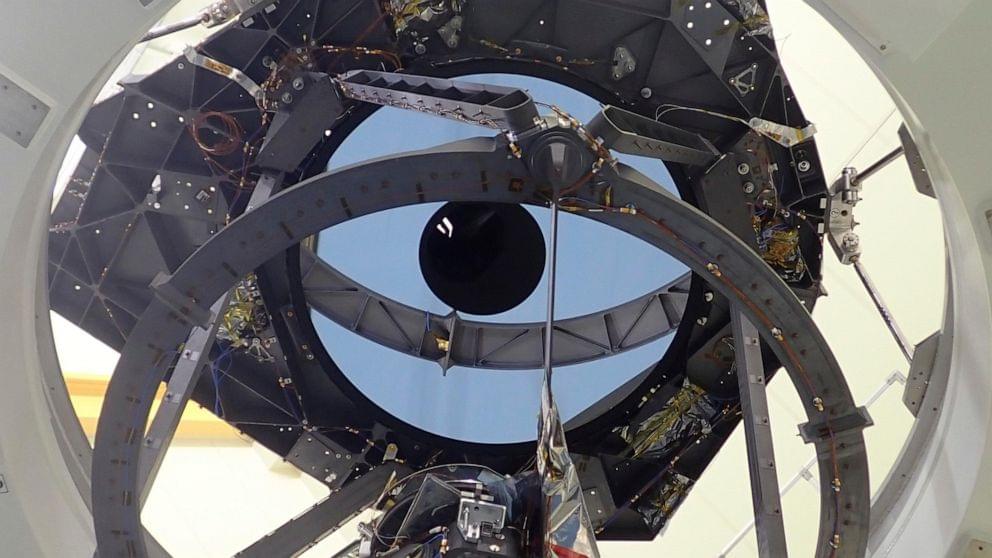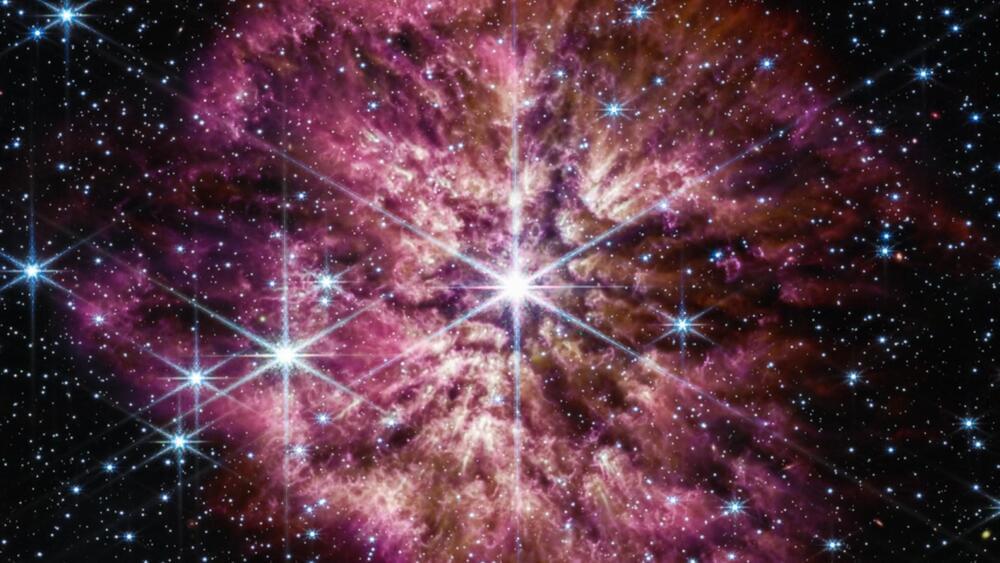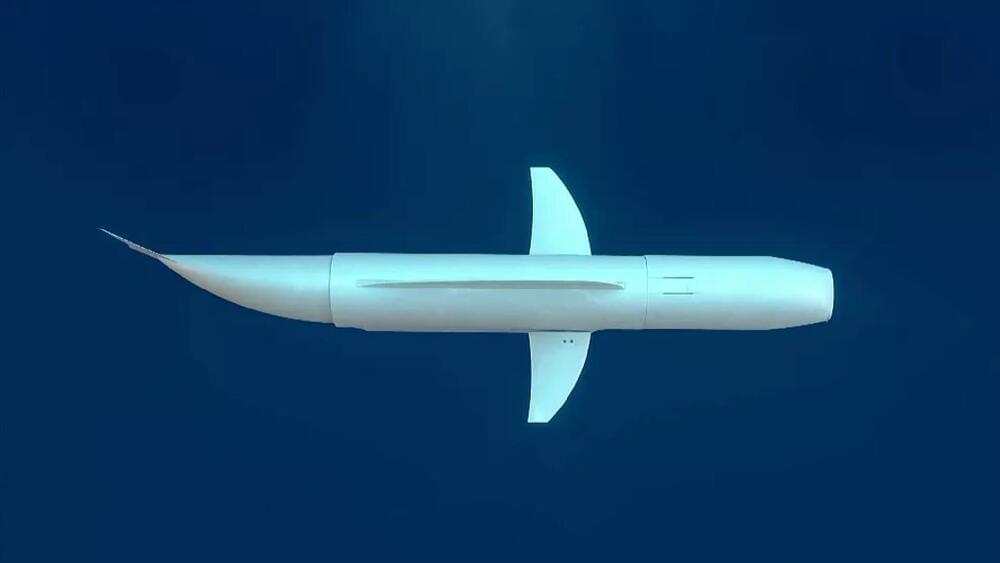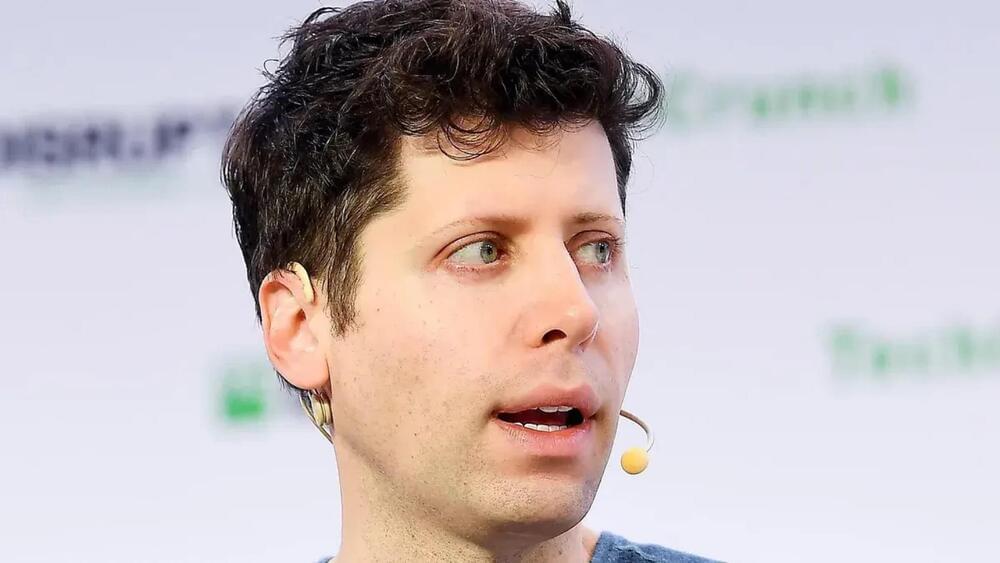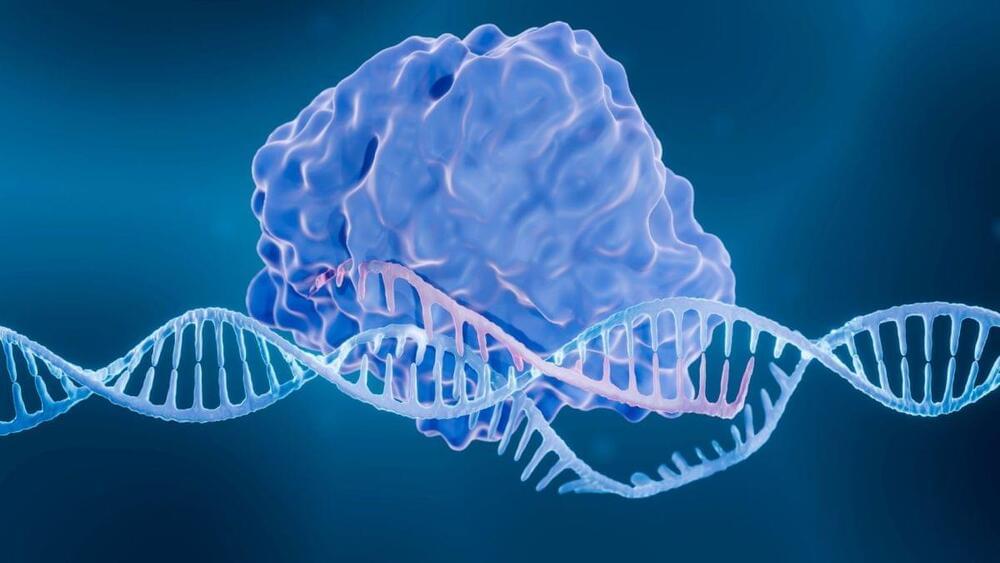Page 2722
Jul 2, 2023
Scientists captured the first ghost particle image of the Milky Way
Posted by Genevieve Klien in categories: particle physics, space
Jul 2, 2023
European telescope launched to hunt for clues to universe’s darkest secrets
Posted by Genevieve Klien in category: space travel
CAPE CANAVERAL, Fla. — A European space telescope blasted off Saturday on a quest to explore the mysterious and invisible realm known as the dark universe.
SpaceX launched the European Space Agency’s Euclid observatory toward its ultimate destination 1 million miles (1.5 million kilometers) away, the Webb Space Telescope’s neighborhood. It will take a month to get there and another two months before it starts its ambitious six-year survey this fall.
Flight controllers in Germany declared success nearly an hour into the flight, applauding and shouting “Yes!” as the telescope phoned home after a smooth liftoff.
Jul 2, 2023
Elon Musk blames data scraping by AI startups for his new paywalls on reading tweets
Posted by Kelvin Dafiaghor in categories: Elon Musk, robotics/AI
Now unverified accounts will only be able to see 600 posts per day, and for “new” unverified accounts, just 300 in a day. The limits for verified accounts (presumably whether they’re bought as a part of the Twitter Blue subscription, granted through an organization, or verification Elon forced on people like Stephen King, LeBron James, and anyone else with more than a million followers) still allow reading only a maximum of 6,000 posts per day.
Shortly after that, Musk tweeted that the rate limits would “soon” increase to 8,000 tweets for verified users, 800 for unverified, and 400 for new unverified accounts.
Jul 2, 2023
Abraham Gutman Speaks at National Cancer Institute Medical Imaging Workshop
Posted by Shubham Ghosh Roy in categories: biotech/medical, robotics/AI
AG mednet’s abraham gutman on harnessing AI in medical imaging.
Abraham gutman speaks at national cancer institute medical imaging workshop.
Jul 2, 2023
Astronomers identify 19 new Wolf-Rayet stars in Andromeda Galaxy
Posted by Gemechu Taye in categories: cosmology, evolution
Wolf-Rayet (WR) stars are not only hot, bright, and massive. They are also in an advanced stage of evolution, losing mass at an incredible rate.
While surveying the neighboring Andromeda galaxy, astronomers discovered a new batch of Wolf-Rayet stars.
Some huge stars in galaxies may develop into Wolf-Rayet stars before going supernova. That’s why, Wolf-Rayet stars are intriguing candidates for studying the universe’s evolution.
Jul 2, 2023
Euclid successfully launched into space by Falcon 9 rocket
Posted by Gemechu Taye in categories: cosmology, space travel
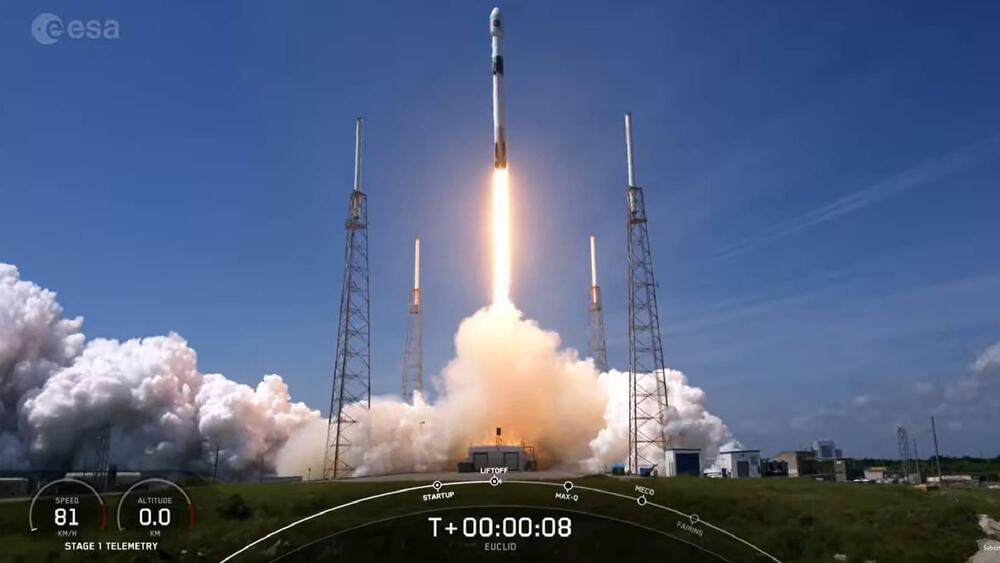
In three months, the tool will begin a six year exploration of dark energy and dark matter.
Dark energy and dark matter discovery tool Euclid successfully launched on a SpaceX Falcon 9 rocket from Cape Canaveral in Florida, USA, at 11:11 local time / 16:11 BST / 17:11 CEST on Saturday 1 July 2023. The first stage proceeded to return to Earth to be recaptured and reused at later flights.
Continue reading “Euclid successfully launched into space by Falcon 9 rocket” »
Jul 2, 2023
This AI robot fish explores mysterious organisms under the sea
Posted by Gemechu Taye in category: robotics/AI
Jul 2, 2023
ChatGPT parent company OpenAI to open first office outside the US in London
Posted by Gemechu Taye in category: robotics/AI
CEO Sam Altman says London location is an “opportunity to attract world-class talent”.
As artificial intelligence (AI) takes center stage globally, with new regulations on the horizon, a leading firm in the space is looking to expand internationally.
San Francisco-based ChatGPT’s parent company OpenAI announced this week that it would begin to expand outside the US, with London selected as the location for its first international office.
Jul 2, 2023
Meet ‘Fanzor,’ the 1st CRISPR-like system found in complex life
Posted by Shubham Ghosh Roy in category: biotech/medical
Scientists discovered Fanzor proteins, which work like CRISPR but are smaller and more easily delivered into cells, and used them to edit human DNA.
